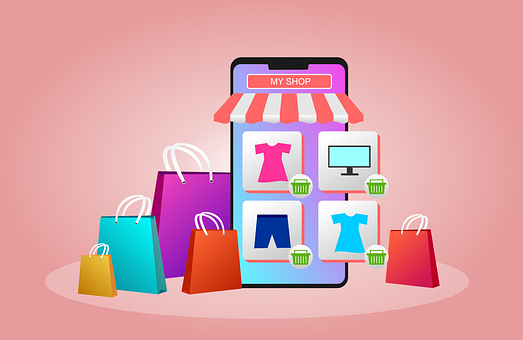418

Personal data is called so because it is intended to remain private. But with the internet boom, it is no longer private. Billions of people purchase products on the internet, catch up with their friends and family online, and run businesses with services offered by tech giants such as Google, Facebook, Amazon, etc on the internet. When you install any app for the first time, it asks you for details like email id, phone number, etc. But have you ever given it a thought as to why companies need these details or what they do with them?
Short answer: They use data to promote their services and increase profits by improving users’ experience.
Long answer: Read on…
What do tech giants do with data?
Tech giants use this data to track the users’ location, for advertising, to understand users’ behaviour in terms of online shopping and to sell data to affiliates.
All these are actually putting your personal data at risk. However, e-commerce giants like Amazon also use this data to expand business by understanding customers’ purchasing patterns. For instance, Amazon has technologized the Whole Foods grocery store in the US. To enter the store and purchase products, the user either has to scan a QR code or put both hands on the kiosk. Either way links to the user’s Amazon account. When he begins shopping, the cameras and sensors record his every single move. Whatever item a user picks, the sensors store the product information. “Those are the cameras that will follow you during your shopping experience,” said a Whole Foods employee told CleanTechnica.
Further, deep learning software analyses the user’s shopping activity to detect patterns to recommend similar products based on his purchase history. This results in a personalized shopping experience and improved customer service.
The technology used for data collection and privacy issues
Every company, irrespective of size, possesses information about its customers, target market insights and its competitors’ marketing strategy. This information is processed with the help of advanced analytical tools to develop effective strategic decisions. The most widely used analytical techniques include the Internet of Things (IoT) and smart grid systems.
An IoT is an integrated system of computers, digital and mechanical machines, objects and people that allows data transfer without human to machine or human to human interaction. Advanced IoT applications are increasing privacy protection issues. As the IoT technology relies on data collection models like the deep model, the risk of privacy disclosure has emerged.
Similarly, smart grid systems are also a threat to data security as they are created through networking numerous IoT devices. These devices produce high volumes of data that are stored in cloud storage and transferred to different computer networks. The data is used to manage different purposes, including operation management, optimizing energy flow, system monitoring, etc. However, rapid development in smart grid technology has raised serious privacy issues about customers’ energy usage behaviour.
Companies frequently incorporate privacy-preserving data models in their systems. Also ensuring the privacy and security of smart grid systems is a tough challenge as they are vulnerable to cyber-attacks such as data stealing, malicious data insertion, etc.
Protect data at the personal level
Companies might not be concerned about your data protection to earn profits. Therefore, it’s an alarming sign to protect your privacy on your own. You can prevent cyber-attacks by applying software updates, protecting passwords, using app locks, encrypting your data, having backups of data.
You can end it by saying that there are a host of tools available to protect your personal data.
But is this the price we have to pay for convenience?
Contributed by: Simran Dolwani

